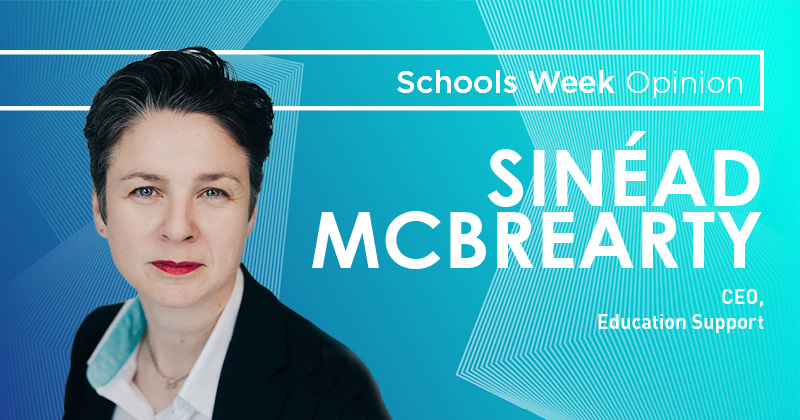Beyond the themes we’ve seen consistently since 2017, this year’s Teacher Wellbeing Index contains an important nuance that ought to inform policy decisions and school and college practice across the UK. In particular, these findings can usefully inform how we think about improving workforce retention.
This year’s survey explored how well education staff feel they are supported by wider public services. We don’t claim a causal link, but there is a clear relationship between educators’ perception of the support they receive from other agencies (CAHMS, children’s services, etc.) and their job satisfaction and overall wellbeing.
Through our direct work with school and college staff, we hear that they feel isolated and routinely left holding emotionally demanding, difficult situations relating to children’s mental health, physical safety and material poverty.
Teachers’ professional training offers little or no preparation for this increasingly significant part of the job. We see very little on-the-job support for staff who are usually left to deal with these demands by themselves.
This sense of professional isolation is the exact opposite of what people need – in any occupation – to feel well in themselves and positive about their work.
The 2024 index also highlights the high proportion of the workforce who believe that challenging behaviour in their classrooms is driven by children and young people’s unmet needs.
We can’t afford to ignore the perspective of our workforce on this. When educators feel that there is insufficient capacity to support a child to be ready to learn, this directly affects the extent to which they feel that they can do their job well and make a difference to children and young people’s lives.
It is demoralising to work with a group of pupils or students who are not ready to learn because they are hungry, emotionally dysregulated or have additional educational needs that you don’t have capacity to focus on. You inevitably feel you can’t resolve fundamental needs enough to ensure that learning is happening.
Too many talented educators feel they can’t make a difference
It leaves too many talented educators feeling that they can’t make a difference. For a purpose-driven professional, it’s a short hop from here to a rational decision to find an alternative job where you feel you can have an impact – or at the very least feel demoralised less frequently.
Sense of purpose is so important for this workforce. It is higher than most other professions and it is the engine of the discretionary effort that we see in schools up and down the country. The pressures now common in our schools are eroding the connection that professionals have with their own sense of purpose.
Through our work, we observe a vicious cycle: high intensity, emotionally exhausting work and/or the frustration of seeing children under-supported directly affecting the self-efficacy and job satisfaction experienced by educators. This creates disconnection from purpose.
The education system has had a tremendously difficult few years: austerity, pandemic, austerity.
Let’s think of the education system like a bicycle, designed to propel society forward. The sum of its parts can do something that the individual components can’t.
We could lose a saddle (uncomfortable), maybe the front brakes (safety risk), and even the gears (the undulations of life feel harder). It won’t be satisfying, but the bike will still work.
For me, the collective sense of purpose held by our workforce is like the chain. When the chain breaks, the bike is fundamentally altered. We won’t get very far on it and it certainly won’t get us up any hills.
We know we have to address workload and improve the experience of education staff if we are to address workforce retention. But we need to go beyond those headlines and think carefully about what else is happening for staff.
There are multiple drivers, from all over the system, of the poor wellbeing that inevitably ends with staff attrition. Tackling it systemically will require investment, but more than that, fresh thinking and new mental models.
We need the government to have a dedicated focus on staff retention, and to not shy away from the complexity and magnitude of the challenge. The future of our children and young people depends on it.
Read the full ‘Teacher Wellbeing Index 2024′ here











